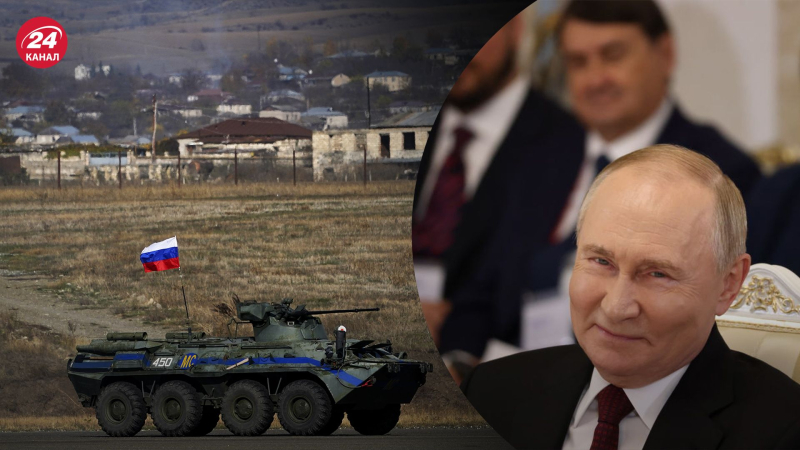It's not because life is good that he runs between Iran and the DPRK: what's happening with the Russian military-industrial complex Anzhelika Galesevich It is not because life is good that Russia began to run from the DPRK to Iran, asking for drones, missiles, ammunition, artillery mounts and other weapons. The Russian military-industrial complex cannot cope with the replenishment of losses that the Russians suffer in Ukraine. The Kremlin no longer even adheres to contracts for the supply of weapons to other countries, thus trying to save its own weapons. Although, as international security expert Taras Zhovtenko told Channel 24, Russian weapons are especially unpopular on international markets. Compared to 2021, the indicators of the Russian military-industrial complex on the foreign market have collapsed by 14 times over the past 3 years, that is, new contracts for supplies to other countries have decreased. This does not mean that Russia has been left without external income. It continues to receive money under long-term contracts. On the one hand, Moscow thus earns additional money and receives currency. Despite the sanctions, the Russians manage to negotiate settlements in national currencies or, as in the case of the DPRK, send it food and agricultural products in exchange for weapons. On the other hand, the Kremlin is in no hurry to fulfill its obligations under rather lucrative contracts. For example, Russia is slow to deliver Su-35 frontline bombers to Iran. Although it promised to start deliveries 1.5 – 2 years ago. In turn, Tehran is using this issue for additional pressure in negotiations on a future strategic partnership agreement. Moscow previously signed a similar agreement with North Korea. In this way, Russia is trying to save its own weapons. At the same time, non-compliance with contracts is obviously possible only with close allies, such as Iran. In general, the terrorist country continues to fulfill long-term contracts and thanks to this, it is still “afloat”. The dynamics of how much Russian weapons are welcomed on international markets are very, very much not in Russia's favor. This does not mean that the Russian military-industrial complex is in a bad position. The reserve of resources that the Russian economy and financial system have allows it to keep the economy “afloat” by artificially feeding the Russian military-industrial complex, that is, thanks to the war, – noted Taras Zhovtenko. All the products that the Russian military-industrial complex produces do not provide added value and do not remain in the economy, but are simply sent to the front. Even with the maximum load and redistribution of resources within the Russian economy in favor of defense, the military-industrial complex cannot cope with the replenishment of losses that Russia suffers in Ukraine. By the way, in November the Russian army suffered record losses in a month since the beginning of the full-scale invasion. Deputy battalion commander of the strike UAC “Achilles” of the 92nd separate assault brigade Oles Maliarevich said that only 10% of the occupiers manage to reach the positions that they were ordered to capture.
What is happening with the Russian military-industrial complex
It's not because life is good that he runs between Iran and the DPRK: what's happening with the Russian military-industrial complex
64

